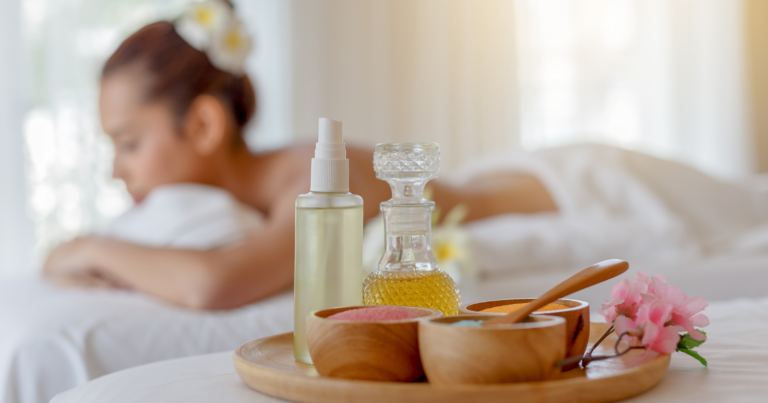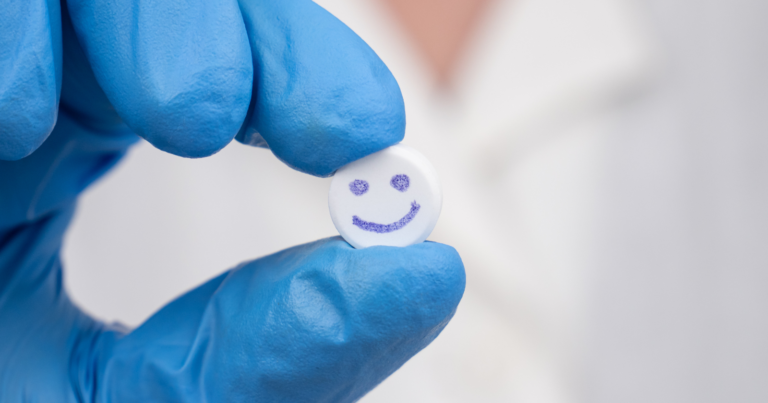When I stumbled upon the concept of a Certificate of Analysis (COA) for the first time, it was a revelation.
Like many consumers, I had been selecting wellness products based largely on trust and the claims presented by their manufacturers, without knowing there was a straightforward way to verify these assertions.
A Certificate of Analysis (COA) is a document provided by an independent laboratory that confirms a product meets its specified qualities and standards.
This certificate provides a detailed look into what’s actually inside the products we rely on for our health.
In this article, I want to share 7 vital reasons why checking the COA before buying any wellness product is not just a good practice—it’s necessary.
1) COA supports transparency
In a world where marketing often blurs the lines between fact and fiction, a Certificate of Analysis (COA) stands out as a pillar of transparency.
It cuts through the noise of exaggerated claims and glossy packaging, providing a clear, unbiased look at what’s actually inside our wellness products.
How so?
Well, COA is an official document that lays out everything that’s in your wellness product, from vitamins to trace elements.
It’s a detailed report that lists every ingredient, along with its concentration, and verifies the absence of harmful substances like heavy metals or pesticides.
Thanks to this level of detail, you can be sure that the product you’re using is safe and that the quality of the products you choose is satisfying.
No surprises, no hidden ingredients – just pure transparency. Isn’t that what wellness should be all about?
2) Ensures quality and product purity
Not all wellness products are created equal.
Some are packed with high-quality ingredients, while others… not so much.
The Certificate of Analysis is your assurance of quality. It’s a guarantee that the product you’re buying meets certain quality standards.
For example, if you’re purchasing CBD oil, a COA can confirm that the product contains the advertised amount of CBD and is free from THC above legal limits, as well as pesticides and solvents.
This level of scrutiny means you can trust in the cleanliness and safety of the products you choose to incorporate into your wellness routine.
That’s what makes the COA an indispensable tool for ensuring the purity and quality of your health products.
So, by taking a few extra minutes to check the COA, you’re ensuring that the wellness product you buy is of high quality and worth your investment.
3) Avoiding allergens and irritants
For those with sensitivities or allergies, finding safe wellness products can be a challenge.
Believe it or not, even products labeled as ‘natural’ or ‘hypoallergenic’ can contain hidden allergens that can cause adverse reactions.
Personally, I learned this the hard way when a supposedly gentle and natural lotion left me with a rash that took weeks to calm.
It was a wake-up call to the importance of scrutinizing what goes into the products I use.
A Certificate of Analysis (COA) has since become my go-to tool for avoiding such unpleasant surprises.
As I said, it lists all ingredients and their concentrations, allowing me to steer clear of known irritants and allergens. That’s how I can choose wellness products with confidence, knowing they won’t compromise my skin’s health.
Checking the COA can help you ensure the product is safe for you to use and won’t trigger any unwanted reactions.
It’s an essential step for anyone with specific sensitivities or allergies – and a good practice for everyone else too!
4) Not all companies are honest
Here’s the raw truth: not every company out there has your best interests at heart. Some are more concerned with their bottom line than your health.
And they may not disclose everything about their products upfront.
In the vast marketplace of wellness products, where claims of ‘miraculous’ benefits abound, discerning the genuine from the dubious can be daunting.
This is where a Certificate of Analysis (COA) becomes indispensable.
It cuts through the marketing noise to provide factual, unbiased information about a product’s content and quality.
Simply put, a COA is evidence of a company’s transparency and dedication to safety, distinguishing those committed to consumer health from those who prioritize profits over people.
Without it, consumers are left navigating claims based on trust alone — a risky proposition in a marketplace not always governed by honesty.
So, here’s the thing:
Relying on a company’s marketing alone can leave you in the dark and potentially at risk. Checking the COA is your way of shining a light on those secrets.
5) More expensive doesn’t mean better
Now, let me share a bit of counter-intuitive truth:
The most expensive wellness products aren’t necessarily the best. In fact, sometimes they’re not even good for you. So, guess what?
Price is not always an indicator of quality. And just because a product comes with a hefty price tag doesn’t guarantee its effectiveness or safety.
In fact, some high-end products may still lack the essential certifications that affirm their quality, such as a Certificate of Analysis (COA).
A COA provides transparent evidence of what’s actually in the product, regardless of its cost. This document can reveal that a less expensive product has the same or even superior purity and potency compared to its pricier counterparts.
It’s a reminder that value and safety in wellness products are not always measured by their price but by the transparency and integrity of their manufacturing process.
6) Protecting yourself from harmful substances
Did you know the FDA doesn’t regulate dietary supplements as strictly as it does prescription drugs?
This means companies can sometimes sneak harmful substances into their products.
These substances could be anything from heavy metals like lead or mercury, picked up from contaminated soil, to residual pesticides from non-organic farming practices.
Without comprehensive regulation, the responsibility falls on consumers to ensure their own safety.
As for me, I’ve always been careful about what I put into my body. I believe in feeding it with the best ingredients, and I know many of you feel the same way.
But here’s something we need to remember – not all ingredients in wellness products are beneficial. Some can be downright harmful.
Luckily, the COA can reveal potentially harmful ingredients in a product and therefore, it equips us with the knowledge we need to make changes for our health.
So remember:
Just because a product is marketed as ‘natural’ or ‘organic’, doesn’t mean it can’t contain harmful elements. Always check the COA.
7) It’s your health at stake
Now you know that in the pursuit of health and wellness, the decisions we make can have profound implications.
Every product we choose has the potential to impact our well-being, making the selection process critically important.
again, a Certificate of Analysis (COA) stands as a pivotal piece of evidence, underscoring the safety and efficacy of the health products we rely upon.
It’s not just about avoiding the bad — it’s about ensuring the good.
By prioritizing products backed by a COA, you’re not only dodging potential risks but also choosing pathways that are verified to benefit your health.
This level of scrutiny means that you’re not gambling with your well-being on products that haven’t been rigorously tested and verified.
In essence, a COA equips you with the knowledge to select products that truly contribute to your health journey, reinforcing the idea that informed choices lead to healthier outcomes.
In the realm of personal health, where every decision counts, letting a COA guide your choices is a powerful way to invest in your long-term wellness.
Final reflection: It’s about taking control
In conclusion, checking the COA isn’t just a good practice — it’s a necessity.
It’s the one document that gives you an unbiased, transparent look at what’s inside your wellness products. It protects you from unsafe substances, guarantees quality, and allows you to make informed decisions about your health.
Without it, you’re simply guessing and hoping for the best. With it, you’re taking control of your wellness journey.
And that makes all the difference.
After all, you have the right to know what’s in your wellness products. And the knowledge you gain from checking the COA isn’t just empowering. It’s a game-changer in your wellness journey.










